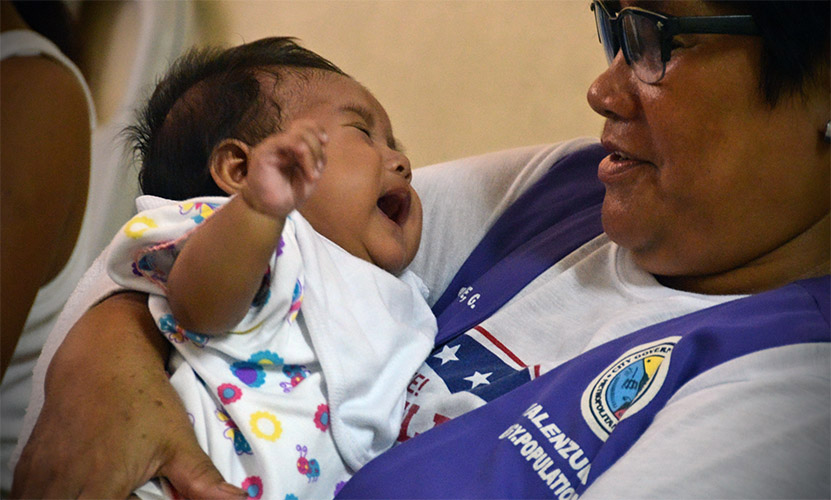While the Commission on Population and Development (POPCOM) is projecting a spike in unplanned pregnancies amid the COVID-19 pandemic, Senator Win Gatchalian is warning that a spike in teenage pregnancies could be part of this population surge, citing similar trends in the Philippines and other countries when emergencies and natural calamities occur.

Gatchalian recalled the aftermath of Typhoon Yolanda and the results of a study by the Department of Science and Technology-National Research Council of the Philippines (DOST-NRCP), which showed that 23.5 percent of teenage girls in Eastern Visayas got pregnant, while 14.8 percent got pregnant and had another child the following year. The senator also shared the example of Sierra Leone during the Ebola outbreak, where adolescent pregnancy increased by up to 65 percent in affected communities.
According to Gatchalian, this should prompt local government units (LGUs) to ramp up their efforts to raise awareness on teenage pregnancy through public health and population management programs. He emphasized that getting pregnant would force these teenage girls out of school and deprive them of opportunities to make a decent livelihood.
The lawmaker also cited the urgency of enhancing comprehensive sexuality education (CSE) for learners to counter this spike in adolescent pregnancies. The factors of teenage pregnancy include lack of access to school, information, and sexual and reproductive health care, according to the United Nations Population Fund (UNFPA).
Before the COVID-19 pandemic hit the country, experts already considered teenage pregnancy in the Philippines a “national emergency.” While the number of births from the 15-19 age group declined from 182,906 in 2017 to 181,717 in 2018, the number of births in the 10-14 age group increased. Between 2011 and 2018, live births in this age group rose from 1,381 to 2,250, or a spike of 63 percent.
“Matagal nang hamon sa ating pigilan ang pagdami ng kaso ng maagang pagbubuntis ngunit dahil sa COVID-19, nanganganib na mas dumami pa ang mga kabataang kababaihan na maging batang ina at huminto sa pag-aaral,” said Gatchalian, Chairman of the Senate Committee on Basic Education, Arts and Culture.
According to the National Demographic and Health Survey (NDHS) 2017, adverse pregnancy outcomes are more likely to occur among teenage mothers, while their children are at greater risk of sickness and even death. The NDHS 2017 also reported that teenage mothers are prone to abuse, with 26.4 of married women aged 15-19 reported experiencing physical, sexual, and emotional violence.
“Ngayon natin dapat mas patatagin ang mga programa laban sa maagang pagbubuntis upang hindi mapagkaitan ang ating mga kabataan ng magandang kinabukasan,” Gatchalian added.


